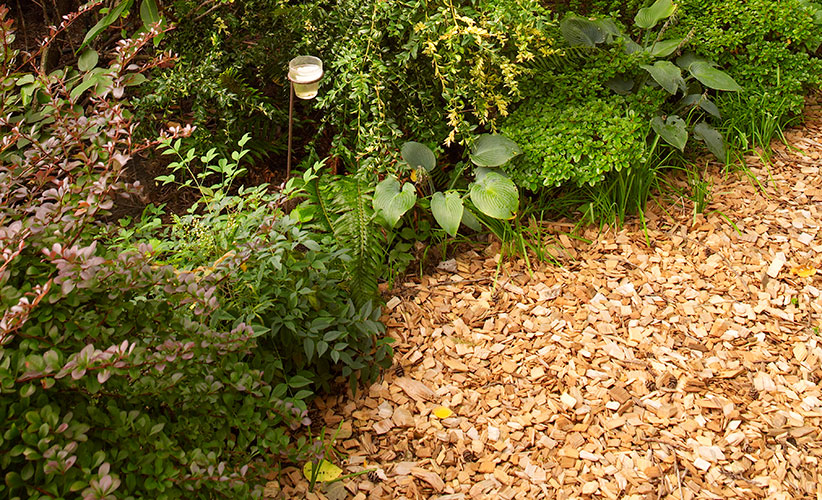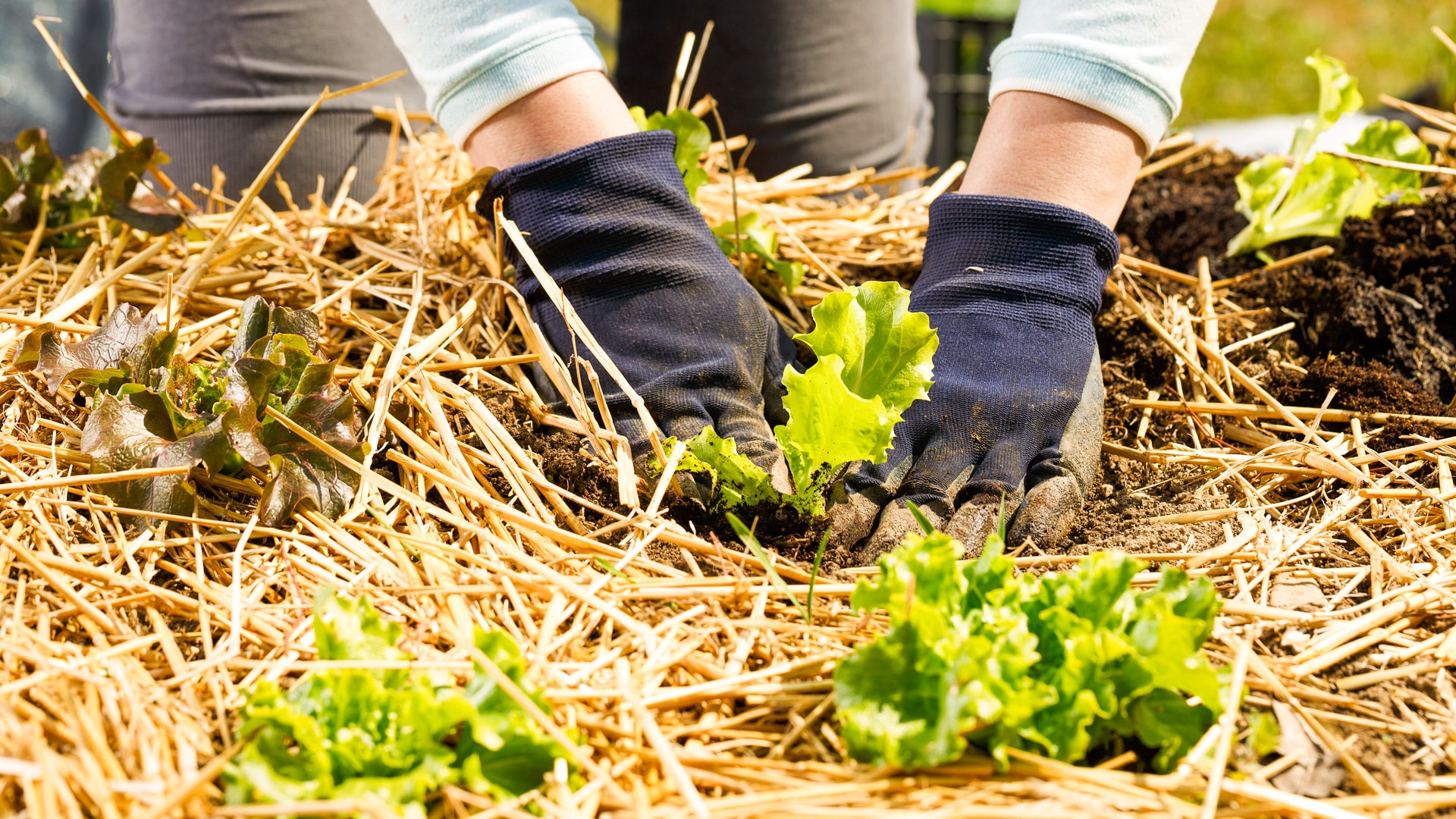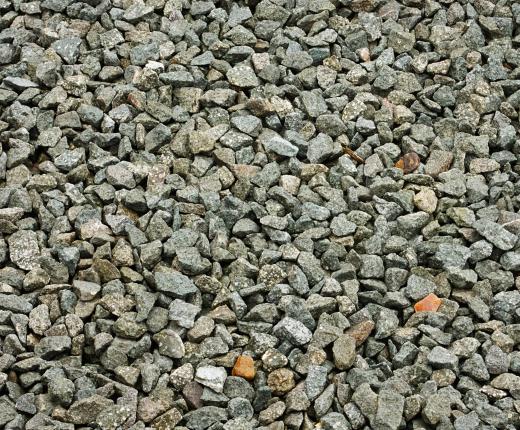The Best Mulches For Your Garden In
The Best Mulches for Your Garden in 2023
Mulch is a layer of material that is spread over the soil in gardens and landscapes. It serves a variety of purposes, including:
- Suppressing weeds: Mulch helps to prevent weeds from growing by blocking out sunlight.
- Retaining moisture: Mulch helps to keep the soil moist, which can help plants to thrive.
- Protecting the soil: Mulch helps to protect the soil from erosion and compaction.
- Improving drainage: Mulch can help to improve drainage by creating a layer of air space in the soil.
- Attracting beneficial insects: Mulch can attract beneficial insects, such as ladybugs and earthworms, which can help to control pests and improve soil health.
There are many different types of mulch available, each with its own unique benefits and drawbacks. Some of the most popular mulches include:
- Wood chips: Wood chips are a versatile mulch that can be used in a variety of settings. They are relatively inexpensive and easy to find. Wood chips can be made from a variety of trees, including pine, oak, and maple. They are a good choice for suppressing weeds and retaining moisture. However, they can be heavy and difficult to spread.

- Compost: Compost is a nutrient-rich mulch that is made from organic materials, such as food scraps, yard waste, and manure. It is a good choice for improving soil health and fertility. Compost can be expensive to purchase, but it can be made at home for free.
- Pine needles: Pine needles are a light and airy mulch that is perfect for areas with sandy or well-drained soil. They are also a good choice for suppressing weeds and attracting beneficial insects. Pine needles can be acidic, so they may not be the best choice for all plants.

- Straw: Straw is a light and fluffy mulch that is made from wheat or oat stalks. It is a good choice for suppressing weeds and retaining moisture. Straw can be expensive to purchase, but it is a renewable resource that can be composted after use.

- Gravel: Gravel is a heavy and durable mulch that is perfect for areas with high foot traffic. It is not a good choice for suppressing weeds, but it can help to improve drainage and prevent soil erosion. Gravel can be expensive to purchase, but it is a long-lasting option.

When choosing a mulch for your garden, it is important to consider the following factors:
- The type of plants you are growing: Some plants, such as acid-loving plants, prefer specific types of mulch.
- The climate in your area: Some mulches are better suited for certain climates than others. For example, straw may not be the best choice for areas with hot, dry summers.
- The amount of maintenance you are willing to do: Some mulches, such as wood chips, need to be replenished more often than others.
- Your budget: Mulch can range in price from very inexpensive to very expensive.
Once you have chosen a mulch, it is important to apply it correctly. The following tips will help you get the most out of your mulch:
- Apply the mulch 2-3 inches thick.
- Spread the mulch evenly over the soil.
- Keep the mulch away from the stems of plants.
- Reapply the mulch as needed throughout the year.
Mulch is a valuable tool for any gardener. By choosing the right mulch for your needs and applying it correctly, you can help to improve the health and productivity of your garden.
There are many different types of mulch available, each with its own unique benefits. Some of the most popular mulches for gardens include:
- Compost: Compost is a great all-purpose mulch that improves soil quality and helps to retain moisture.
- Wood chips: Wood chips are another versatile mulch that can help to suppress weeds and improve drainage.
- Pine needles: Pine needles are a slow-breaking-down mulch that can help to acidify the soil.
- Straw: Straw is a lightweight mulch that can help to suppress weeds and retain moisture.
- Grass clippings: Grass clippings are a free and easy-to-find mulch that can help to suppress weeds and add nutrients to the soil.
The best mulch for your garden will depend on the type of plants you are growing, the climate you live in, and your personal preferences. To learn more about the best mulch for your garden, [VISIT WEBSITE ADDRESS].
FAQ of best mulch for garden
- What is the best mulch for my garden?
The best mulch for your garden will depend on a variety of factors, including the type of plants you are growing, the climate you live in, and your personal preferences. Some popular mulches for gardens include:
* Wood chips: Wood chips are a versatile mulch that can be used in a variety of settings. They are relatively inexpensive and easy to find, and they help to retain moisture in the soil, suppress weeds, and improve drainage.
* Bark mulch: Bark mulch is another popular option that is similar to wood chips in terms of its benefits. It is also relatively inexpensive and easy to find.
* Straw: Straw is a good choice for gardens that are prone to weeds. It is also a good option for vegetable gardens, as it helps to keep the soil cool and moist.
* Pine needles: Pine needles are a good choice for gardens that need acidic soil. They are also a good option for suppressing weeds.
* Compost: Compost is a great choice for gardens because it is both beneficial to the soil and aesthetically pleasing. It helps to improve drainage, aerate the soil, and retain moisture.
- How thick should I apply mulch?
The thickness of the mulch you apply will depend on the type of mulch you are using. In general, you should apply a layer of mulch that is 2-4 inches thick. If you are using wood chips, you may need to apply a thicker layer, as they tend to break down more quickly.
- How often should I reapply mulch?
You will need to reapply mulch as it breaks down. This will vary depending on the type of mulch you are using and the climate you live in. In general, you should reapply mulch every 1-2 years.
- What are some of the benefits of using mulch?
Mulch has many benefits for gardens, including:
* Suppressing weeds: Mulch helps to suppress weeds by blocking sunlight and preventing them from germinating.
* Retaining moisture: Mulch helps to retain moisture in the soil, which can help plants to thrive, especially during hot, dry weather.
* Improving drainage: Mulch can help to improve drainage by breaking up compacted soil and allowing water to percolate more easily.
* Aerating the soil: Mulch can help to aerate the soil by providing a space for air and water to flow through.
* Decomposing and adding nutrients to the soil: Mulch decomposes over time and adds nutrients to the soil, which can help to improve plant growth.
- What are some of the drawbacks of using mulch?
Mulch can have some drawbacks, including:
* Attracting pests: Mulch can attract pests, such as slugs and snails.
* Harboring diseases: Mulch can harbor diseases, such as fungal infections.
* Burning plants: If you use wood mulch, it is important to keep it away from plants that are susceptible to fire, such as cacti and succulents.
* Creating a tripping hazard: If you use mulch around walkways or patios, it is important to keep the layer of mulch thin enough so that it does not create a tripping hazard.
Post a Comment for "The Best Mulches For Your Garden In "